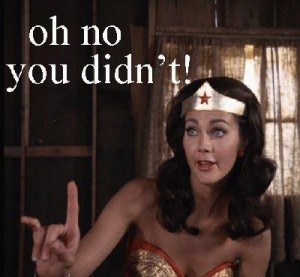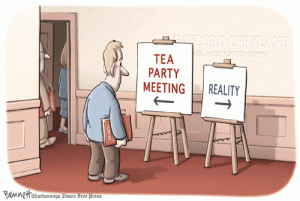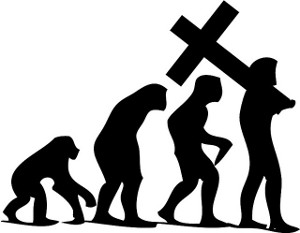 Small “c” conservatives are, by definition, ideologically committed to preventing or slowing the rate of change. The essential premise is that things are better the way they are, or maybe even the way they were, but definitely not the way they are going. Bill O’Reilly asserted the futility of this last night on The Late Show when saying to Stephen Colbert that conservatives believe they are losing the culture war to progressives. In response, Colbert noted that conservatism is always a losing battle because the culture always changes.
Small “c” conservatives are, by definition, ideologically committed to preventing or slowing the rate of change. The essential premise is that things are better the way they are, or maybe even the way they were, but definitely not the way they are going. Bill O’Reilly asserted the futility of this last night on The Late Show when saying to Stephen Colbert that conservatives believe they are losing the culture war to progressives. In response, Colbert noted that conservatism is always a losing battle because the culture always changes.
In a similar vein, Vox’s Matt Yglesias penned an interesting article about small conservative communities desperate to preserve the status quo. They are often resistant to new industry and new development coming to town for fear of what outside elements might come along with it. He noted the brutal truth that change was going to happen to these towns either way. By resisting the influx of outside influences, they were instead suffering the withering death of attrition as their young people went off to college and never came home.
In both cases, the conservative path is to ultimately have change thrust upon them by outside forces they don’t control and didn’t influence. In this way, conservatives are embracing a sort of cultural evolution. After all, in the natural world, evolution is simply the change induced by random events. It’s not directed. It’s not controlled. It’s not inherently good or bad. It just happens.
In contrast, small “p” progressives not only accept that change will happen, they advocate for it. They try to control and direct it. This doesn’t mean all progressive changes are good, but it at least means they were thought out and intended. They are open for debate, refinement, and improvement. Ironically, this puts progressives in the position of advocating for cultural intelligent design.
Go figure…




